
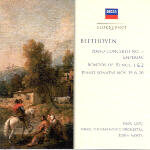
When CD players first appeared on the market in 1983, Radu Lupu’s 1979 Beethoven Emperor Concerto was the first version of this war-horse available in
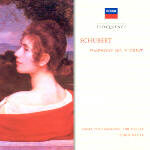
It’s a welcome recording that reminds us of the many virtues of a great work, making it sound perpetually fresh and new. Zubin Mehta infuses
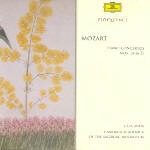
Mozart’s last two piano concertos represent Géza Anda’s Deutsche Grammophon cycle at its best, and slightly below. Conducting from the piano, the pianist rightfully avoids
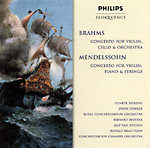
Bernard Haitink conducts Brahms’ Double Concerto in a broad, big-boned manner, slightly slower than his later remake for EMI, but no less vital. He is
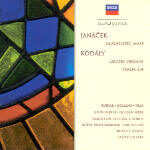
Rudolph Kempe leads a grand and ceremonial reading of Janácek’s Glagolitic Mass with tempos tending to the slow side, imparting a feeling of solemnity to
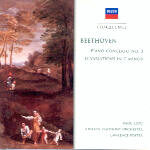
Radu Lupu first came to international attention by taking first prize in the 1969 Leeds Competition. This paved the way for a recording agreement with

Radu Lupu’s eloquent simplicity in the slow movement highlights his 1979 Beethoven First Concerto, one of Decca’s first digital recordings. His spiky articulation in the

Zubin Mehta invests Schubert’s teenage Symphony No. 1 with a weight and energy we would expect in a Beethoven symphony. The result is a powerful
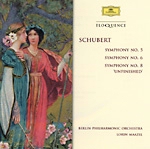
This second set of Schubert symphonies with Lorin Maazel and the Berlin Philharmonic unites three of the most popular ones. The congenial Fifth receives a

The first two concertos stand out among Radu Lupu’s late-1970s Beethoven cycle for Decca, especially the pianist’s ravishingly executed, classically poised reading of No. 2
![]()
